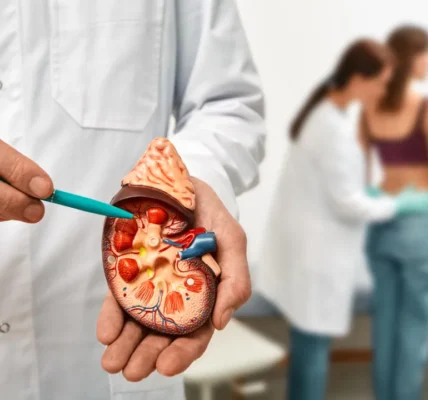The topic of ingesting seminal fluid – commonly referred to as “swallowing” – is one that often stirs curiosity, myths, and even controversy. While it is frequently discussed in popular culture or everyday conversations, the subject also raises scientific and medical questions. Looking at it through a biological and health-oriented lens allows for a more factual understanding.
Composition of Seminal Fluid
Ejaculate is not composed solely of sperm cells. In fact, sperm makes up only a small fraction of the total volume. The majority consists of seminal plasma, which contains secretions from the prostate gland and seminal vesicles. This fluid includes water, proteins, enzymes, sugars such as fructose, zinc, vitamins, and certain signaling molecules like prostaglandins. These components play specific roles in reproduction – for instance, supporting sperm motility and helping the sperm survive in the female reproductive tract.
What Happens After Ingestion?
When seminal fluid is ingested, it enters the gastrointestinal system just like any other fluid or nutrient. Once in the stomach, it is exposed to gastric acid and digestive enzymes. Proteins are broken down into amino acids, sugars like fructose are metabolized, and most of the biologically active compounds are degraded before they could have any systemic effect.
This means that while seminal fluid contains interesting biological substances, the digestive process largely neutralizes their original function. Unlike hormones or drugs taken orally in carefully prepared forms, the compounds in semen are not absorbed in a way that would produce measurable effects on the body.
Possible Health Benefits – Fact or Fiction?
Some small-scale studies and hypotheses have suggested potential links between exposure to seminal fluid and positive outcomes, such as improved mood, lower rates of depression, or immune system modulation. These ideas are largely based on the presence of hormones and neuroactive substances in semen, such as oxytocin or serotonin precursors.
However, the evidence for these claims is weak and far from conclusive. No large, peer-reviewed studies provide clear proof that swallowing semen has consistent or significant health benefits. At best, the suggested effects remain speculative and cannot be considered established medical facts.
Risks and Considerations
While the supposed benefits are uncertain, the risks are better documented. Seminal fluid can carry sexually transmitted infections (STIs), including HIV, hepatitis B, gonorrhea, chlamydia, and others. Engaging in unprotected oral sex and swallowing ejaculate can therefore be a route of transmission. For this reason, health authorities recommend protective measures, such as condom use, especially when partners are not in a monogamous, tested relationship.
It is also worth noting that allergic reactions to semen, though rare, have been documented. Known as seminal plasma hypersensitivity, this condition can cause localized irritation or, in extreme cases, systemic allergic reactions.
Conclusion
The oral ingestion of seminal fluid is primarily a matter of personal choice and consensual intimacy between partners. From a scientific perspective:
-
Semen is composed of proteins, sugars, minerals, and other natural biological compounds.
-
Once swallowed, it is digested like food and broken down into basic components with no proven special benefits.
-
Claims of health advantages remain speculative, lacking solid scientific backing.
-
The primary health concern lies in the potential transmission of STIs.
In short, swallowing seminal fluid is neither inherently harmful nor demonstrably beneficial from a medical standpoint. It is a personal act with minimal physiological impact beyond normal digestion, provided that both partners are free of infections. Safety, trust, and mutual consent remain the most important factors in evaluating this practice.





